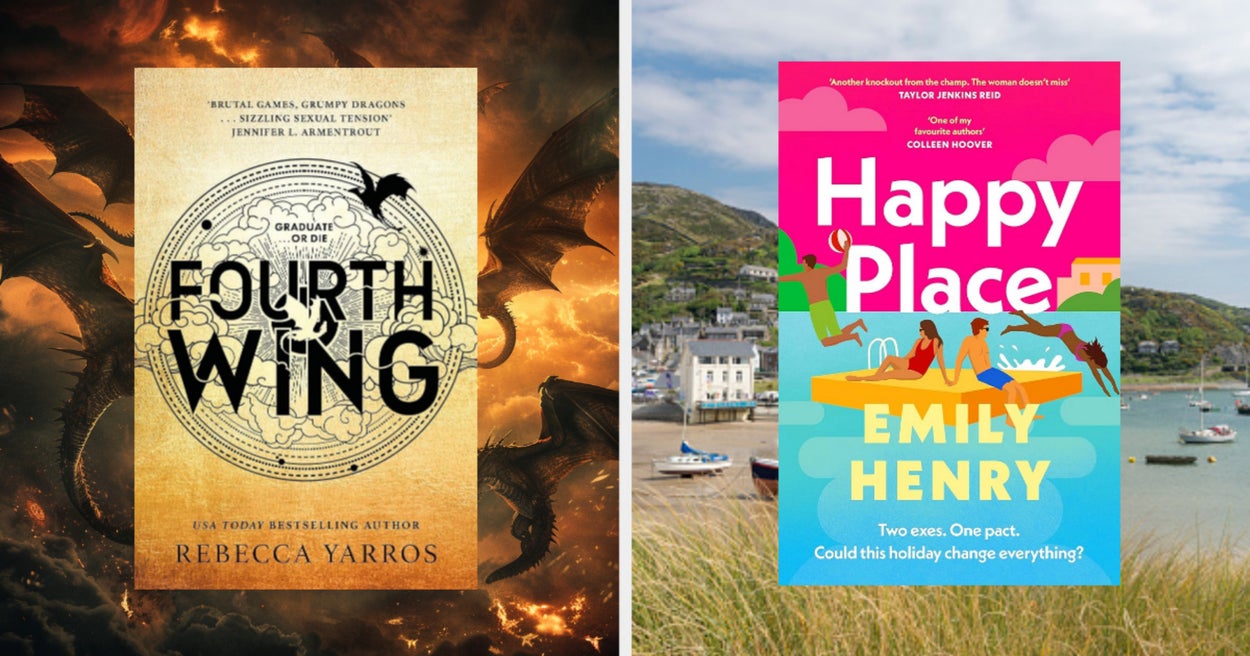Ijeoma Nkwonta talks about the struggles that international postgraduate researchers like her face when they come to Ireland to study and work.
Towards the end of my conversation with postgraduate researcher Ijeoma Nkwonta, during which she has listed the many, many bureaucratic hoops she has had to jump through to study in Ireland, she tells me she would still choose to do her MSc in Galway.
On paper, Nkwonta’s decision to move to Galway to begin her studies made sense, especially given her focus area. “I’m currently doing an MSc in strategy, innovation and people management. My research topic is on value proposition developments in medtech start-ups in Ireland,” she says.
“With my research focus, I knew what I wanted to do before I came here… I would have still picked Ireland because I knew that Ireland’s link with the US is very strong,” she explains. “I was very intentional about picking Galway; I didn’t pick Dublin. It was Galway that could give me the experience and the perspective I wanted.”
But when Nkwonta arrived, the decision that made sense on paper was soon almost overcome by the mountains of red tape she had to deal with. Our conversation is peppered with references to friends of hers – other international students, all of whom experienced similar, if not worse obstacles than she did.
‘In comparison to other European countries, Ireland is very poor’
In its response to a recent review of the working conditions for postgrad workers in Ireland, the Postgraduate Workers’ Union highlighted in particular the dismal situation of many non-national workers and students who have come here on visas; people like Nkwonta.
On top of the problems that Irish resident researchers have with housing and poor pay, Nkwonta and others like her have to contend with a lack of career progression opportunities, the requirement to obtain a visa to travel to conferences in Europe, health insurance and loneliness, to name a few.
It’s not just the Irish system that is working against her, Nkwonta acknowledges. She thinks there is a lack of joined-up thinking throughout Europe as a whole when it comes to leveraging international research talent.
But Ireland is still lagging behind a lot of its European counterparts when it comes to paying postgrads. “In comparison to other European countries, Ireland is very poor,” says Nkwonta. According to a study by Fastepo, a site that connects researchers to academic and funding opportunities, the average minimum PhD stipend in Europe is €2,600 per month, while the highest is around €3,500 per month. Overall, the highest yearly salary was found in Denmark with €49,802 per year and the lowest was found in Ireland with just €16,000 per year.
Nkwonta lives in Galway and she frequently has to travel to Dublin to get immigration issues ironed out, a waste of her time and money. She points out that most international researchers choose to live in places like Cork and Dublin because these places have services for non-nationals. They also have more expensive rents, making it a catch-22 situation.
Biased employment market
And nothing gets any easier when non-national postgrad students enter the Irish employment market, Nkwonta says. In fact, she says “it’s tougher when you’re out of school. There is a bias”. While large multinationals are generally good at hiring a diverse range of people, start-ups and SMEs are more concerned about potentially having to sponsor someone to work in Ireland.
Nkwonta knows of people who put their visa stamp number in brackets beside their name on LinkedIn so that if companies hiring see that they have permission to work in Ireland, it will increase their chances of at least getting an interview.
‘It’s tougher when you’re out of school. There is a bias’
“This particular one is the one that hurts the most,” she says. “The fact that you are in a new country, you have skills. You just want to start working to at least eat.” People’s careers are dependent on their visa types, and their visas are at the mercy of a murky bureaucratic system. “Why can’t this be automated electronically before you come in or something?” Nkwonta asks.
She thinks the process of registering for a PPSN and Irish Residence Permit needs to be overhauled. She recalls losing an opportunity when she landed in Ireland first because she was still waiting on her PPSN. These long waits are across the board, she says. Where Ireland is good for international researchers, in Nkwonta’s opinion, is the people. The University of Galway has helped her out, she says. But her friends in other Irish universities have had to wait months for basic documentation meaning they are existing in limbo.
“I’m not Irish. I’m not European. Maybe if I was Irish, European, you know, it would have been easier to relate to how things are done in Ireland, but I’m not Irish. I’m not European. So everything is just new, right?”
10 things you need to know direct to your inbox every weekday. Sign up for the Daily Brief, Silicon Republic’s digest of essential sci-tech news.
Source link











Leave a Reply